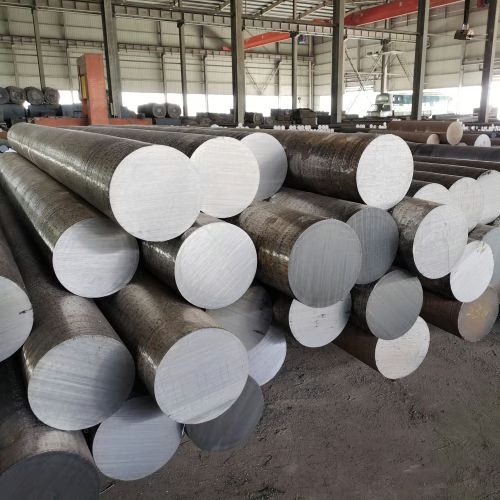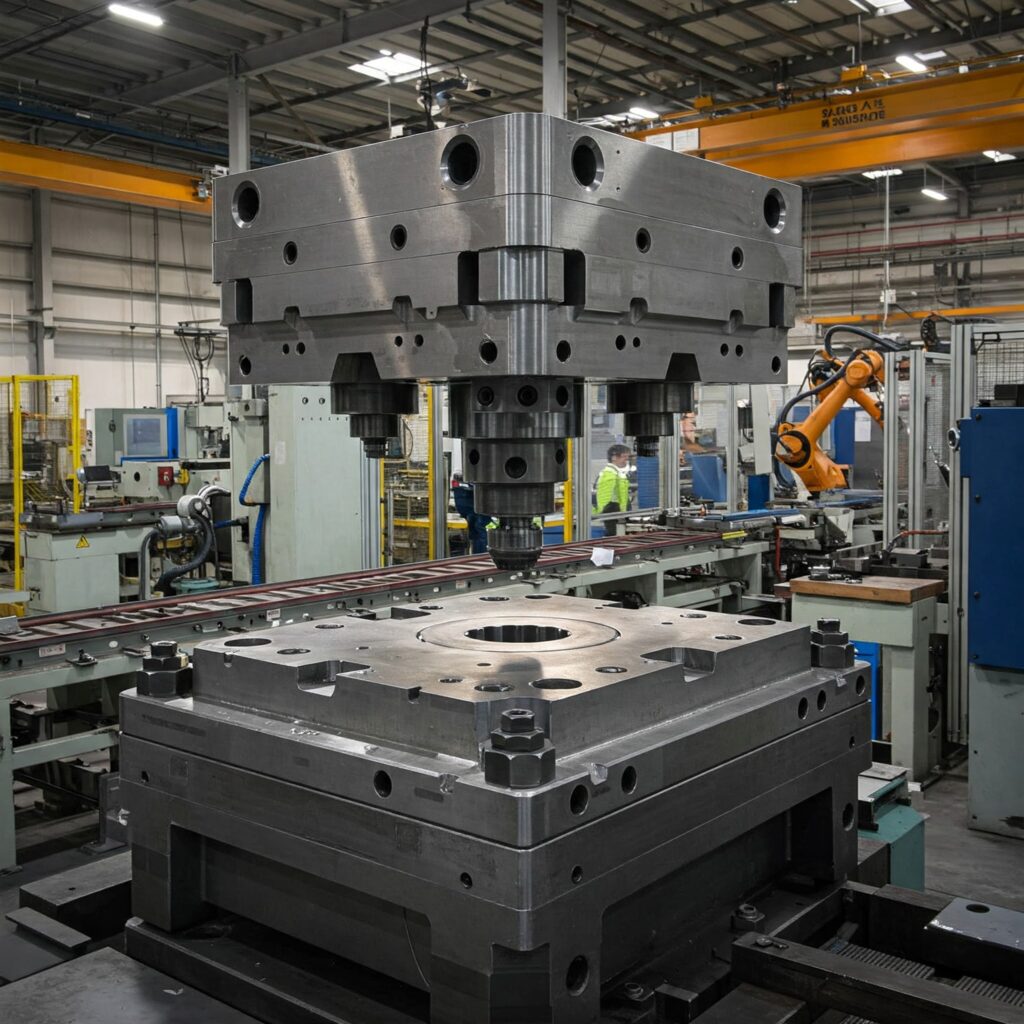When you’re selecting tool steel for your projects, particularly for applications like plastic injection molds or die casting dies, a common question that comes up is about the condition of P20 steel upon delivery. So, let’s get straight to it: Yes, P20 tool steel is typically supplied in a pre-hardened condition.

Understanding P20’s “Pre-Hardened” State
What does “pre-hardened” actually mean for your workshop and operations? Essentially, it signifies that the steel has already undergone a specific heat treatment process by the supplier before it reaches your facility. We at Aobo Steel ensure our P20 meets these exacting standards.
The primary advantage of this pre-hardened state is practical efficiency. It allows you, the end-user, to machine cavities and intricate details directly into the steel block without needing a subsequent, high-temperature heat treatment of the finished mold. This is a significant benefit because it drastically minimizes the risks of distortion, warping, or dimensional changes that can often occur if you harden a complex tool after all the precision machining work is completed. Nobody wants to see hours of careful machining compromised by post-hardening issues.
Typically, P20 steel in its standard pre-hardened condition will have a hardness in the range of 28 to 40 Rockwell C (HRC), which is roughly equivalent to 260 to 330 Brinell Hardness (HB). You might see slight variations depending on the specific standard (like AISI P20, DIN 1.2311, or others) or the supplier. For instance, some P20 variants might be supplied closer to 30-32 HRC. Modified grades like DIN 1.2738 (often referred to as P20+Ni) are also supplied pre-hardened, often around 32 HRC. The key is that it’s ready to machine.
Can P20 Be Hardened Further?
While P20 arrives pre-hardened and ready for many applications, there are situations where you might need enhanced surface properties, particularly increased wear resistance. The good news is that P20 offers options for further hardening.
Carburizing for Superior Surface Wear Resistance
For demanding applications, especially in high-volume plastic molding, P20 is frequently carburized. Carburizing is a case-hardening process where carbon is diffused into the steel’s surface layer. After carburizing, quenching, and tempering, the surface can achieve a much higher hardness, often reaching up to 55-60 HRC, sometimes even higher, up to 65 HRC in some references.
This process creates a very hard, wear-resistant surface layer, which is excellent for extending the life of a mold, while the core of the tool retains a somewhat lower hardness (typically around 30-35 HRC, or it can be around 45 HRC if the base material was further through-hardened before carburizing), providing good toughness and support. It’s an excellent combination for durability. However, it’s worth noting that the resistance of this carburized surface to softening at elevated temperatures (tempering resistance) is moderate.
Quenching and Tempering for Through Hardness
Beyond its pre-hardened state and the option of surface carburizing, P20 can also be through-hardened to a higher level by conventional quenching and tempering, though this is less common than using it pre-hardened or carburized. If your application requires a uniform hardness that’s higher than the typical pre-hardened state, P20 can be oil quenched from a temperature around 830-870°C (1525-1600°F) and then tempered. Depending on the tempering temperature, you can achieve various hardness levels. For example, tempering at lower temperatures can result in hardness values in the range of 36-48 HRC. This provides an alternative if surface hardening isn’t the primary goal, but an overall increase in hardness is desired.
P20: Machinability and Wear Resistance Considerations
One of the reasons P20 is so popular, especially in its pre-hardened state, is its excellent machinability relative to other tool steels at similar hardness levels. This ease of machining is a direct benefit of its chemistry and the pre-hardened condition, saving time and tooling costs.
In its standard pre-hardened condition (around 30 HRC), P20 offers fair to medium wear resistance, generally suitable for short to intermediate production runs of many common plastics. When you need to step up the wear resistance for more abrasive materials or longer runs, that’s where surface treatments like carburizing or nitriding (another surface hardening process that can be applied to P20) come into play.
Key Takeaways for P20 Steel Users
To sum it up for your factory’s needs:
- P20 is delivered pre-hardened: Typically 28-40 HRC, ready for machining. This saves you a post-machining heat treatment step and reduces distortion risks.
- Ideal for dimensional stability: Critical for complex molds and dies.
- Further hardening is possible:
- Carburizing: For significantly enhanced surface wear resistance (up to 55-60+ HRC).
- Quenching & Tempering: To achieve higher through-hardness if needed.
- Good Machinability: A key advantage of P20 in its pre-hardened state.
Understanding these characteristics of P20 tool steel will help you make informed decisions for your tooling projects, ensuring you get the performance and longevity you need. If you have specific application questions or need to discuss which P20 variant is best for your requirements, we at Aobo Steel are always here to help with our extensive experience in tool steels.
P20 Mold Steel Excellence: Engineered for Performance & Polish
Discover the Aobo Steel difference with our premium P20 mold steel, the industry standard for high-integrity plastic molds. Backed by our two decades of forging mastery and a robust supply chain of over 40 qualified partners, we provide P20 steel that delivers exceptional machinability, superior surface finish, and reliable through-hardness, critical for your demanding mold-making projects.
As Evan, your seasoned tool steel specialist with 15+ years in global trade, I am dedicated to ensuring you receive not just steel, but a comprehensive solution. For expert consultation on your P20 steel needs and to see how Aobo Steel (www.aobosteel.com) can elevate your manufacturing, please complete the contact form below.


